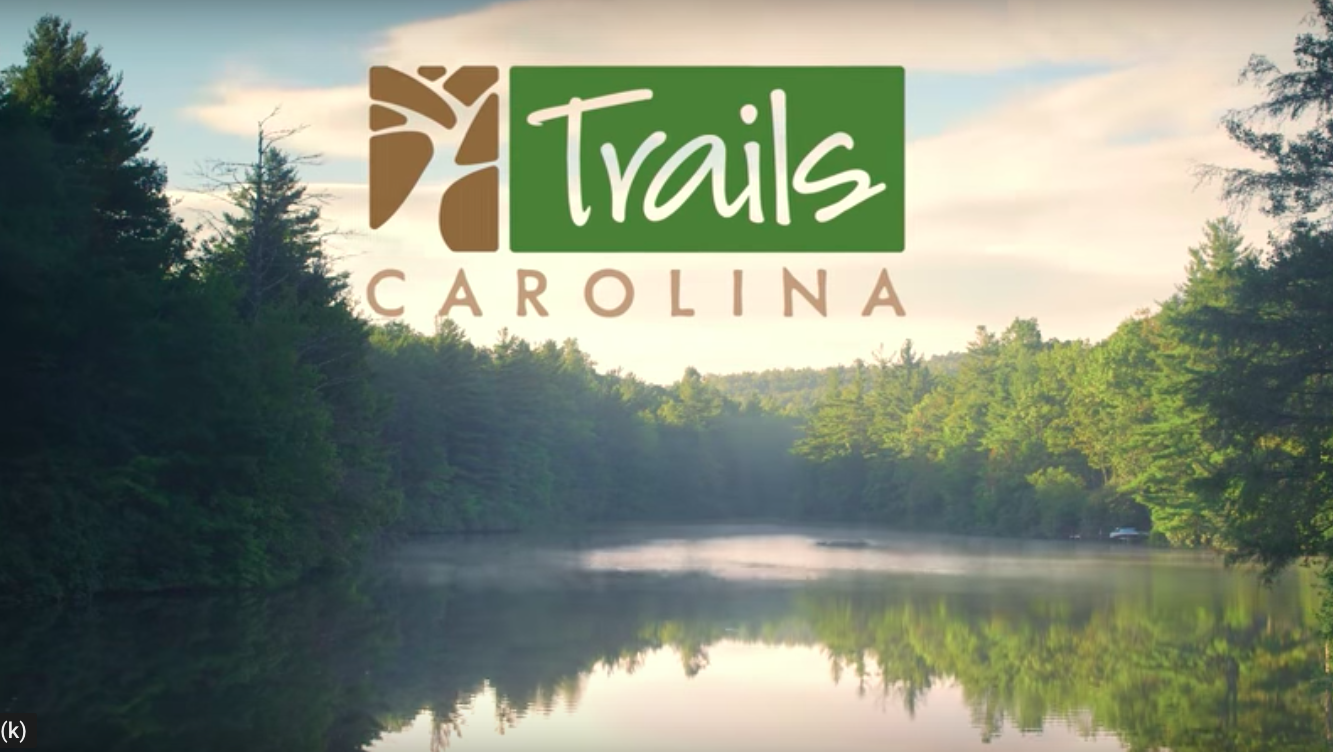Introduction
Trails Carolina, a therapeutic wilderness program for troubled youth, has recently come under scrutiny due to allegations of abuse and mistreatment. While it is crucial to take such allegations seriously and investigate them thoroughly, it is equally important to separate fact from fiction and consider the broader context of wilderness therapy programs. In this article, we will examine the allegations against Trails Carolina, the nature of wilderness therapy, and the steps taken to ensure the safety and well-being of participants.

The Wilderness Therapy Approach
Wilderness therapy programs like Trails Carolina are designed to help struggling teenagers and young adults by immersing them in a natural setting. The wilderness provides a unique environment that encourages personal growth, self-discovery, and therapeutic change. Participants learn life skills, gain self-confidence, and develop healthier coping mechanisms while being supervised by trained and experienced staff members.
must read=trails carolina “abuse”
Allegations of “Abuse”
Allegations of abuse at wilderness therapy programs are not unique to Trails Carolina. Over the years, similar claims have arisen against other programs as well. It’s essential to recognize that working with troubled youth is a challenging task, and not all participants will have a positive experience. Some common allegations include:

- Physical Abuse: Accusations of staff physically harming participants can be alarming. However, it’s crucial to differentiate between necessary safety measures, like restraining a participant who poses a threat to themselves or others, and outright abuse.
- Emotional Abuse: Critics often cite emotional distress caused by strict rules and discipline as evidence of abuse. While the emotional toll of wilderness therapy can be challenging, it is not necessarily abusive if done within established guidelines.
- Neglect: Allegations of neglect revolve around participants not receiving adequate care, supervision, or nutrition. Such claims should be thoroughly investigated to ensure participants’ well-being.
- Lack of Consent: In some cases, participants may claim they were coerced or forced into attending the program. Consent issues should be taken seriously and investigated independently.
The Investigation Process
When allegations of abuse arise, it is essential to follow a rigorous investigation process. Trails Carolina, like other reputable wilderness therapy programs, typically has procedures in place to handle complaints and allegations. These steps may include:

- Internal Investigations: The program’s management should initiate an internal investigation to examine the allegations thoroughly. This may involve reviewing staff conduct, participant records, and interviews with staff and participants.
- External Oversight: Independent bodies, such as state licensing agencies or accreditation organizations, often oversee wilderness therapy programs. These organizations can conduct their own investigations and audits to ensure compliance with regulations and standards.
- Legal Involvement: If allegations are severe, law enforcement may become involved to conduct a criminal investigation.
- Transparent Communication: During any investigation, open and transparent communication with participants, their families, and the public is essential. This helps maintain trust and ensure accountability.
Safety Measures
Trails Carolina, like other reputable wilderness therapy programs, prioritizes the safety and well-being of its participants. They typically implement various safety measures to mitigate risks, such as:

- Staff Training: Wilderness therapy staff members undergo extensive training in areas like crisis intervention, communication, and wilderness skills to ensure they can handle various situations appropriately.
- Rigorous Screening: Participants are typically screened for medical and psychological conditions to ensure they can safely participate in the program.
- Risk Assessment: Programs conduct thorough risk assessments to identify and minimize potential hazards in the wilderness environment.
- Regular Check-Ins: Participants receive regular medical and psychological evaluations to monitor their well-being throughout the program.
Conclusion
Allegations of abuse within wilderness therapy programs, including Trails Carolina, are serious and must be investigated thoroughly. However, it is essential to approach such claims with a balanced perspective. Wilderness therapy, when conducted within established guidelines and standards, can be an effective and transformative experience for struggling youth. By maintaining transparency, conducting independent oversight, and prioritizing participant safety, programs like Trails Carolina can continue to provide valuable support to those in need while addressing concerns and improving their practices.
